Healthy people families and communities
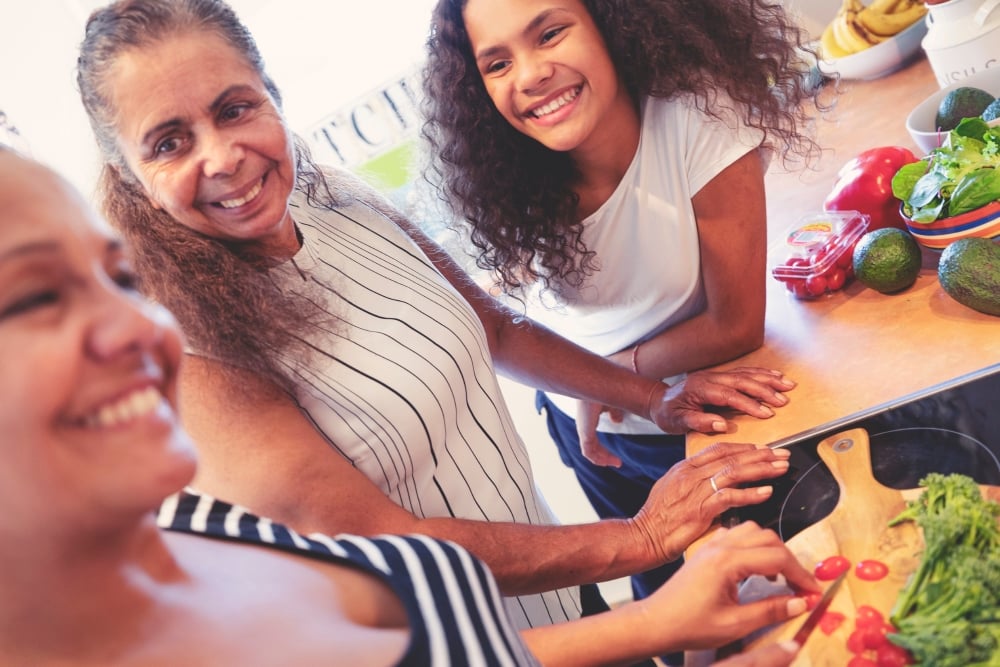
Healthy people, families and communities
Promoting physical, mental and emotional health and wellbeing for all individuals and across all stages of life is key to the creation of inclusive, equitable and prosperous societies.
La Trobe researchers build clinical capability and policy expertise to enhance individual and community wellbeing, reduce disease, and create equitable health solutions for all. Our researchers partner with health research networks, non-profit organisations, industry and government.
La Trobe's research into Healthy People, Families and Communities contributes to the following United Nations Sustainable Development Goals (SDGs)

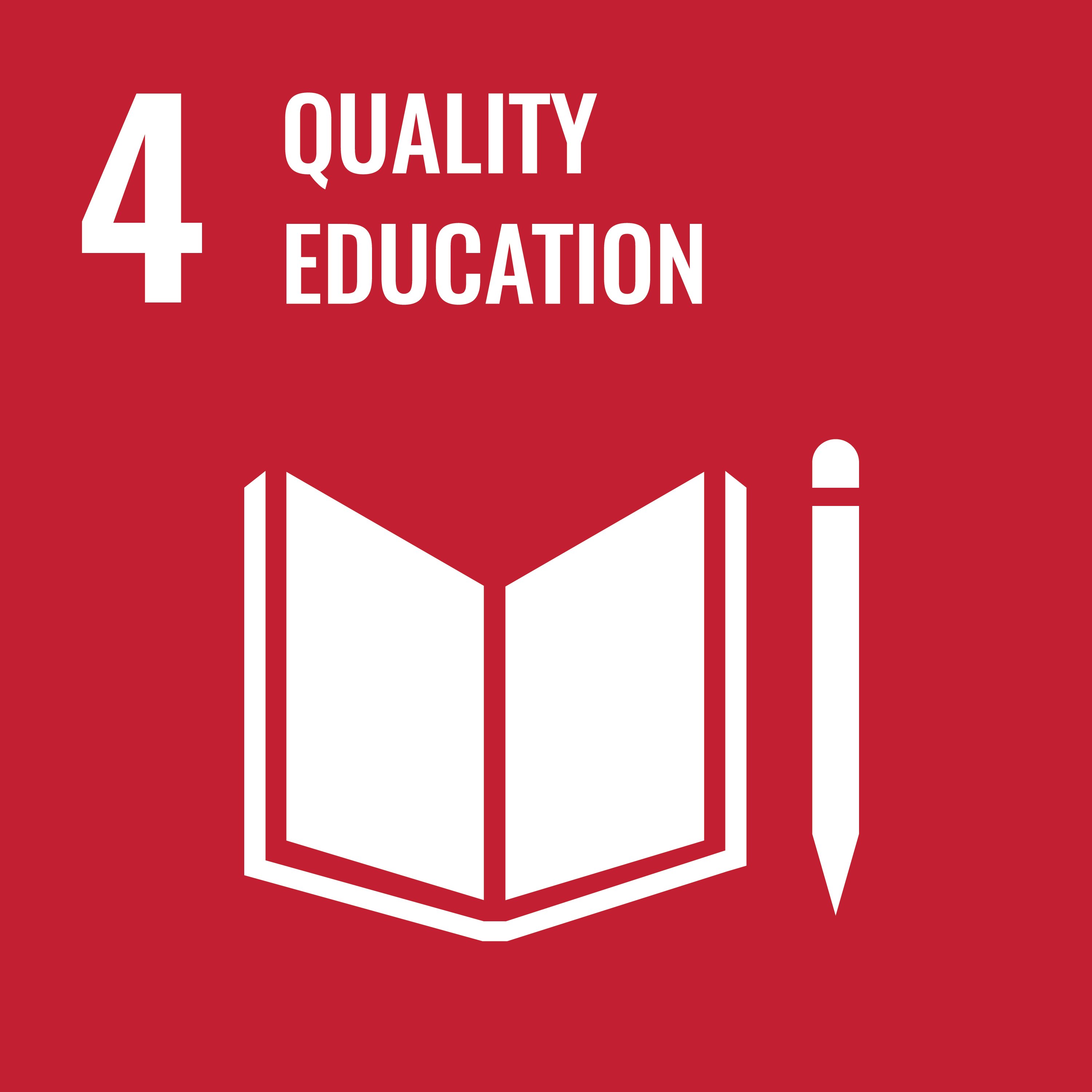
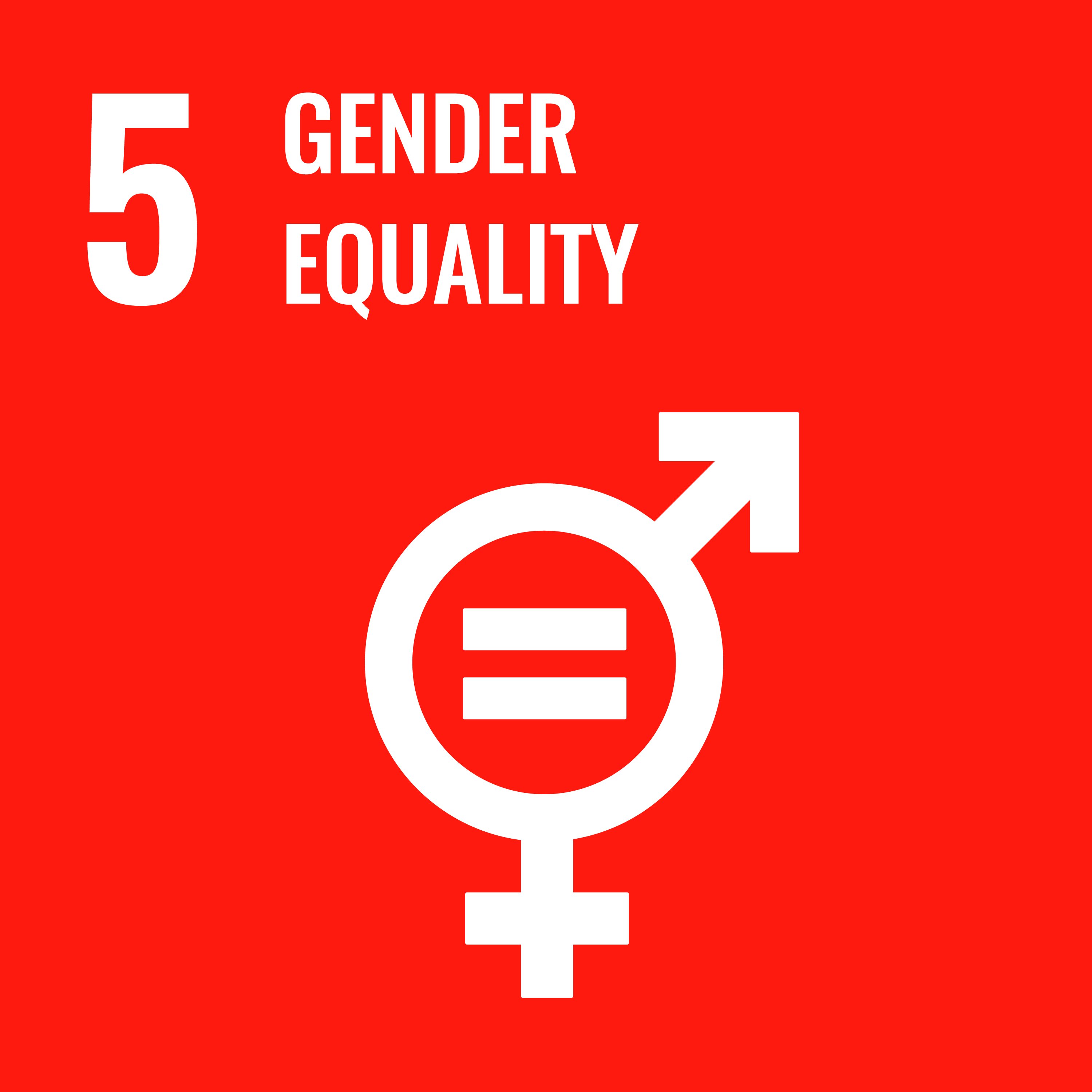

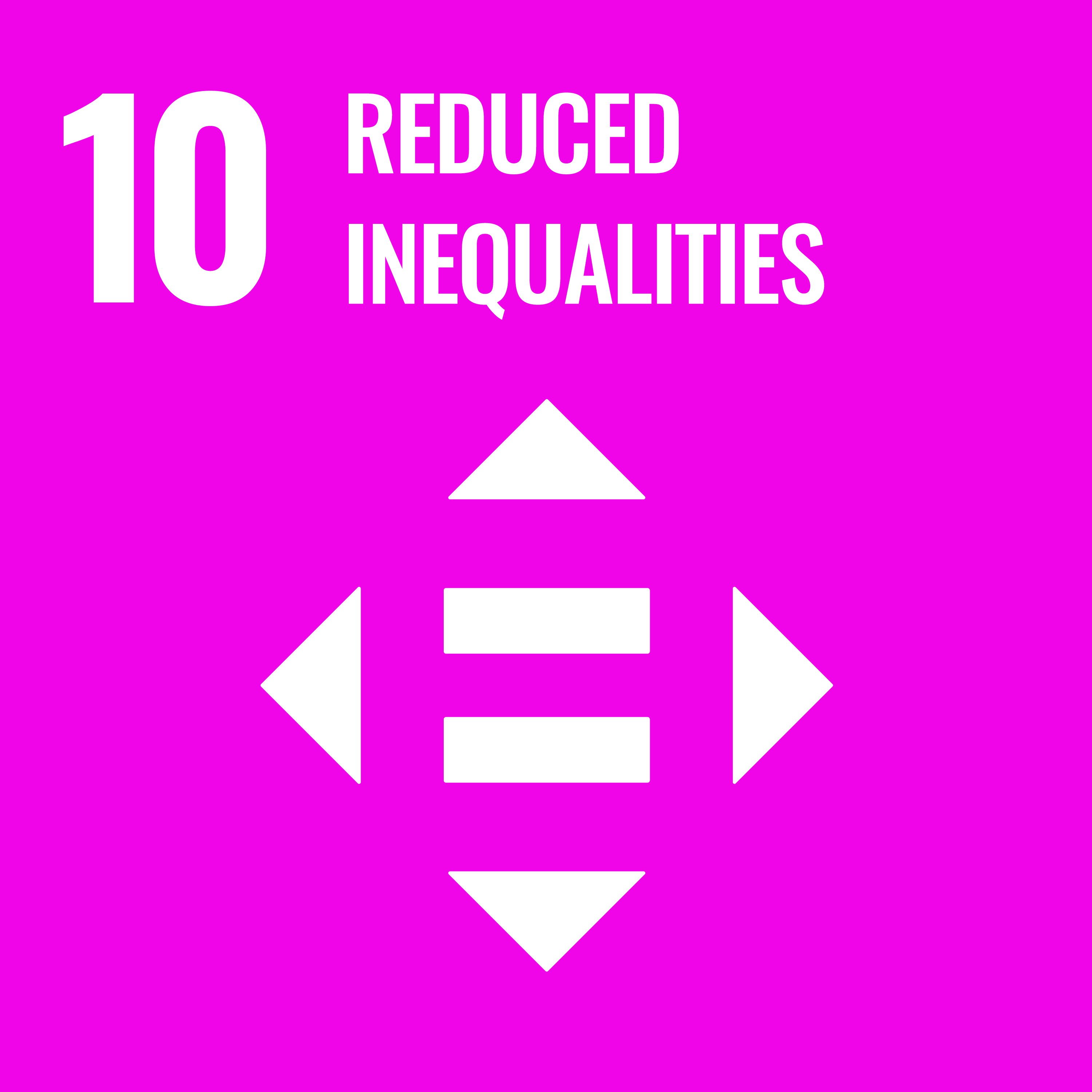

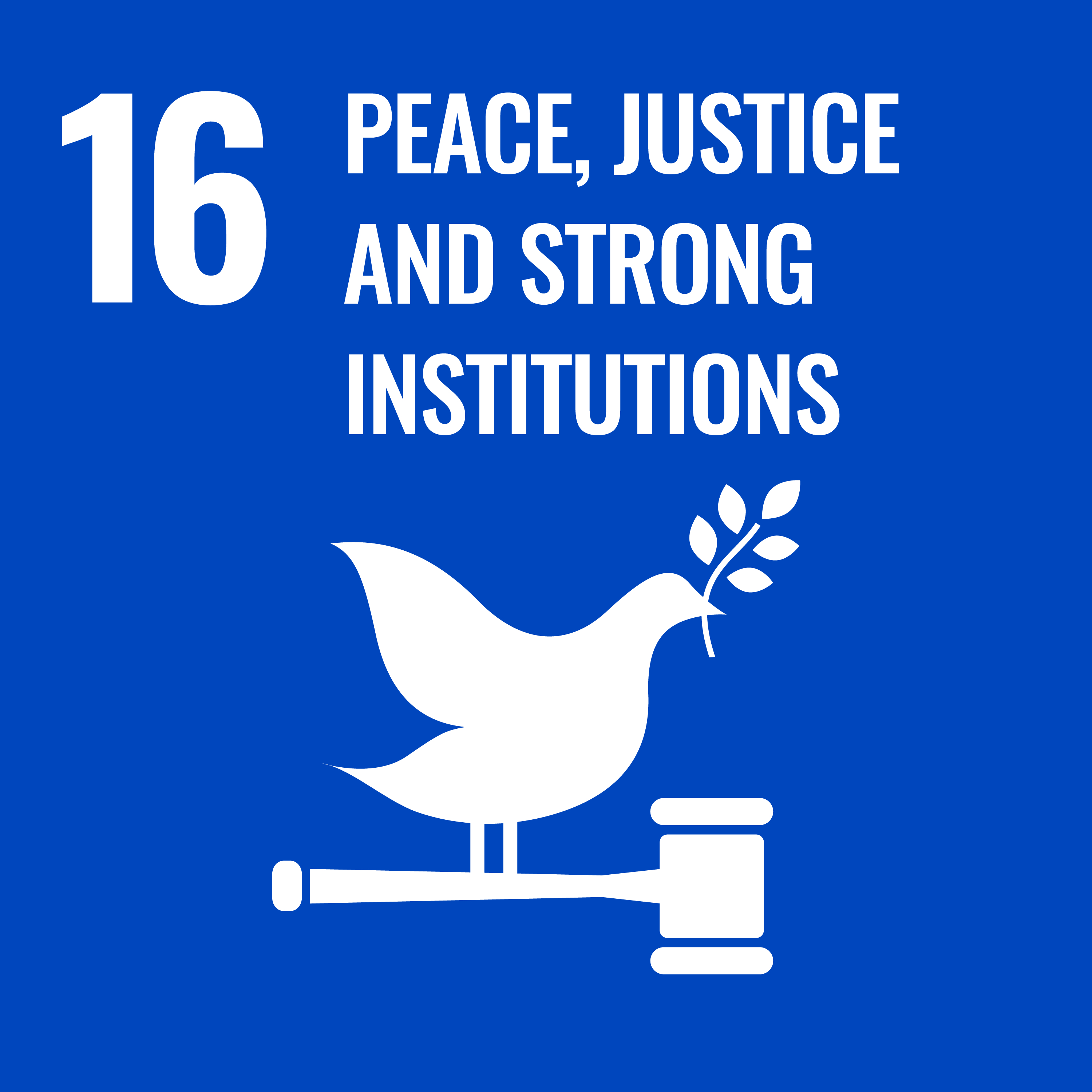
Selected impact stories

Leading team: Ruth Hardman, Evelien Spelten
Managing multiple chronic health conditions can be challenging, especially for those who lack sufficient resources, capacity, or social support. Ruth Hardman’s industry PhD, undertaken with La Trobe School of Rural Health and Sunraysia Community Health Services (SCHS), resulted in a model of care designed for people experiencing both high treatment burden and low personal capacity. A subsequent Violet Vines Marshman Centre for Rural Health Research partnership grant enabled Dr Hardman to undertake a feasibility trial of this model of care. People with chronic health conditions and complex life demands (social, financial, or psychological) were linked to “care coordinators”, healthcare workers trained to provide service navigation and health coaching to build motivation and restore the balance between capacity and life demands.
The 26 clients engaged in the trial reported increased control over health and self-efficacy, improved quality of life scores, and reduction in treatment burden. SCHS are now revising their models of care to incorporate trial learnings, including screening for burden/capacity and embedding care coordination more widely. Two of the three care coordinators continue in this role and the model complements another SCHS/La Trobe initiative, CP@clinic, with cross-referral and sharing of clients.

Leading Team: Andrea Grindrod
While death is often thought of as a medical event, health providers cannot address the non-medical needs of recipients of end-of-life care, or their families, carers and friends. These needs – coordinating personal care, childcare, transport, shopping, food, social connection, pets, funerals - are often the source of significant stress.
In 2016, La Trobe researchers Andrea Grindrod and Bruce Rumbold published the community resource and planning tool Healthy End of Life Program (HELP): offering, asking for and accepting help. The intent of the program was to develop a person-centred, collaborative community culture around end-of-life care, where death is understood as a social rather than medical event, and community support is seen as being as important as medical care. The 3-step planning resource was based around identifying the support needs of carers, family and the person receiving care, mapping personal social networks, identifying gaps in support and mapping community help. In 2020, HELP featured in the World Health Organisation’s Global Atlas in Palliative Care and in 2024, the importance of this form of social prescription was recognised in Standard 2 of the 2024 National Palliative Care Standards as a new service delivery model in palliative care.
With funding from the Wicking Trust and the Victorian Department of Health, and in partnership with Palliative Care Australia, the HELP model has now been digitised into the HELP App. Working with multiple industry partners across Australia, both within and external to the health care system, referrals are made to patients, clients, carers and families to mobilise their social support systems through the HELP App, thereby connecting formal care service delivery with informal community-based care networks. The App allows ‘coordinators’ – often family members of those receiving care, carers or recipients of end-of-life care themselves – to set up digital networks to ask for exactly what they need, through the creation of tasks and for these tasks to be coordinated through the network. It also provides tips and resources to promote and support healthy end of life planning for the maximum benefit.
Networks have been created in every state and territory in Australia, with palliative care, healthcare, social, welfare and community services issuing referrals to use the App, to improve social connectedness, reduce stress and avoid carer burnout and isolation, while supporting out-of-hospital end-of-life care. The data collected via the HELP App is generating a new national community-based end-of-life care dataset, offering fresh insights into how everyday Australians show up and support one another at the end of life. This Palliative Care Social Prescribing Service Model will shape policy and practice, in partnership with the palliative care and health sector, to engage the wider community and increase informal social and practical supports that people receive at the end of life. There are also plans to celebrate stories of community support in end-of-life care through a Citizen Science project.
Over the course of developing the HELP program, Andrea Grindrod has become a lived experience researcher, caring for her husband who has stage 4 terminal cancer. Through a film created at their home, Andrea is using their own experience as a way of promoting the need for people to offer, ask for and accept help.

Leading Team: Miranda Rose
Aphasia, a communication disability following stroke, affects 140,000 people in Australia. Standard treatment methods for aphasia rehabilitation focus on talking and are provided in a low dose/low intensity format. The NHMRC-funded COMPARE study (2015-2020) found Multi-modality Aphasia Therapy (M-MAT) to be more effective than usual care. M-MAT includes other forms of communication such as drawing, writing or gesture and is delivered in a high dose/high intensity format. Conducted in Australia and New Zealand, COMPARE is the largest randomised controlled trial to date comparing two aphasia treatments. The results have been shared in over 20 locations worldwide and a number of countries including Sweden, Brazil, Japan and Canada are now conducting their own trials of M-MAT. M-MAT is recommended in stroke clinical guidelines from the UK, France, Spain and the USA. A telehealth version is under development led by postdoc Dr John Pierce aimed at increasing the reach and take up of this effective intervention. In 2024, Rose was recognised with the international Robin Tavistock Award for her contribution to aphasia recovery.

The Suicide Response Project (SRP) was funded by a Suicide Prevention Australia Suicide Prevention Research Fellowship awarded to A/Prof Darren Hedley.
Leading Team: Darren Hedley, Carina Chan, Karien Hill, Josephine Barbaro, Mick Leahy
Suicide is an issue which affects the Autistic and LGBTIQA+ communities in particular, as they can face unique challenges when it comes to mental health, often due to a lack of understanding. A multi-disciplinary team of experts at La Trobe University, along with people with lived experience of the challenges faced by Autistic and LGBTIQA+ communities, co-designed the Suicide Response Project website, which was launched in 2021 at the “Health, Wellbeing and Suicide Prevention in Autism” conference hosted by La Trobe University’s Olga Tennison Autism Research Centre.
The resources on the website - including 12 free modules, animated videos and downloadable fact sheets – are underpinned by Dr Karien Hill’s PhD research (supervised by A/Prof Carina Chan) on adapting the Bystander Intervention Model, which is highly effective at motivating people to act when a friend or family member is at risk of suicide. The website provides support to those at-risk from the Autistic and LGBTIQA+ communities focussed on knowledge-building and effective intervention techniques, and tips on how to detect and respond to suicide risk in others in a safe and supportive way.
In 2023, these resources were adapted and published on the R U OK website as ‘Tips to Help Support Neurodivergent People’, with videos covering myths, risk factors, warning signs, and who and how to help.

La Trobe student and Olympian Laura Paeglis
Leading Team: Kane Middleton and Danielle Vickery-Howe
In competition, elite archers are typically required to shoot at 70 metres, but when firing in a controlled setting such as a laboratory for the purposes of testing and biomechanical and performance analysis, the facilities often only allow for a far shorter range, which can limit the validity of the analysis. The facilities at La Trobe sports stadium, however, allow archers to fire from the lab up to 70 metres across a soccer pitch, collecting data which far more closely mimics competition. Seven elite Australian archers – including La Trobe student and Olympian Laura Paeglis – attended La Trobe in May 2024 for a series of fatigue testing, technical progression and injury prevention sessions led by La Trobe researcher Kane Middleton and Alice Ingley, the Head Archery Coach at the Victorian Institute of Sport. As Ingley stated ‘[La Trobe] definitely have the best set up with force plates and shooting outdoors for the 70 metre range’. The analysis protocol included the use of force plates to measure posture and balance, as well as a motion capture camera system to record biomechanics, with the data then available to coaches to design a training intervention. This was a collaborative project supported by performance staff Aaron Balloch and Milli Bilson from the Victorian Institute of Sport and extends the work completed by Damien OMeara from the New South Wales Institute of Sport.

Matt Driller talking to the Essendon group
Leading Team: Matt Driller and Shauna Stevenson
Sleep is essential to the wellbeing and performance of professional athletes. However, many struggle to maintain a healthy sleep routine due to the demands of training and competition. A study conducted in 2023 by La Trobe PhD student, Shauna Stevenson, under the supervision of Associate Professor Matt Driller, with players from Essendon Football Club, found that athletes should maximise their morning and daytime light exposure in order to improve the duration and quality of their sleep, hence optimising their performance and recovery. Essendon Football Club welcomed the results, with players now continuing to apply the principles of light exposure which the study showed to be effective. Essendon’s Head of Performance, Sean Murphy, stated, "The study's findings were highly relevant to our discussions with players about the critical role of sleep in performance and wellbeing. Through this research, we were able to demonstrate and educate in a practical setting. We continue to utilise these findings to consistently educate our players."

Leading Team: Alexandra James
For over 10 years, the Australian Research Centre in Sex, Health and Society (ARCSHS) at La Trobe University has worked in partnership with LifeStyles® to develop their sex education portal, providing teaching resources to help educators develop lesson plans and classroom activities, as well as providing free Lifestyles sex-ed kits and products for schools across Australia and New Zealand. The Lifestyles quarterly newsletter developed by La Trobe researcher Alexandra James reaches over 1,000 educator subscribers, and provides timely information and resources on sexual health, STIs and contraception, but also issues related to emotional and social wellbeing, such as consent. ARCSHS also work in partnership with ElephantEd to review and develop their workshop content to ensure if reflects the latest research and contemporary thinking on sexual health issues. ElephantEd deliver sexual health school workshops to over 500 schools across Australia, reaching hundreds of thousands of students.

Leading Team: Sarah Callinan
La Trobe researcher Sarah Callinan – a member of the Centre for Alcohol Policy Research - is study director of the Australian arm of the International Alcohol Control study, the first international cohort study which measures the status and impacts of national or state level alcohol control policies and provides a monitoring tool for measurement of change over time. A focus of Callinan’s research has been on understanding how price policies will affect alcohol consumption among different types of drinkers (levels of drinking and income), and across different types of alcohol and settings (on-and off-premises).
Her research on alcohol pricing informed the introduction of new minimum price legislation in Wales and the Northern Territory, and has been cited in policy and guideline recommendations for unit pricing produced by the IMF, Public Health Scotland, the European Commission, and the WHO.
Callinan’s research into alcohol home delivery informed policy changes in NSW, and she is also developing a research base to address the conceptual and empirical issues in current psychometric approaches to measuring risky behaviours which can be used to develop an improved measure in the future.
Leading Team: Christian Barton, Danilo De Oliveira Silva, Amy Dennett and Allison Ezzat
In 2016, La Trobe Associate Professor of Physiotherapy and practising physiotherapist Christian Barton was studying for a Masters in Communications. His focus was on how to make it easier for practitioners and the public to access and utilise the latest academic research, and how to provide a pathway for researchers to translate their findings into practice. He established the not for profit TREK Education (Translating Research Evidence and Knowledge) with the vision of making ‘research evidence accessible and implementable to everyone’. The multi-site web platform provides content for those treating and experiencing chronic disease and musculoskeletal pain, which is co-designed, created and developed with the public and practitioners. Its major focus on presenting information through varied and engaging multimedia. The TREK platform includes:
- The My Knee Cap information portal, developed by La Trobe researcher Danilo De Oliveira Silva with support from Sao Paulo State University (UNESP). The site is listed as a trusted resource for treating patellofemoral pain by the Royal Australian College of Geneal Practitioners (RACGP) in their Handbook of Non-Drug Interventions (HANDI). It has been accessed by more than 37,000 patients, with the initial feasibility study showing that 20% of people reported complete recovery following use of the site.
- The Cancer Exercise Toolkit, created by La Trobe researcher and Eastern Health physiotherapist Amy Dennett with funding from the Pat Cosh trust. The site has received more than 31,000 views from clinicians in 26 countries.
- The Musculoskeletal Telehealth Toolkit, created by La Trobe researcher and physiotherapist Allison Ezzat with funding from the Pat Cosh Trust. The initial evaluation showed that 72% of users accessing the site changed their practice
